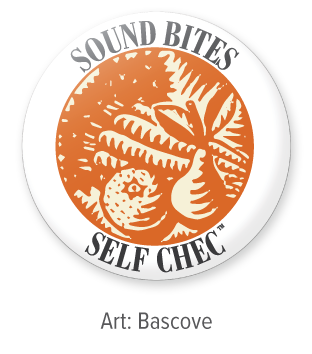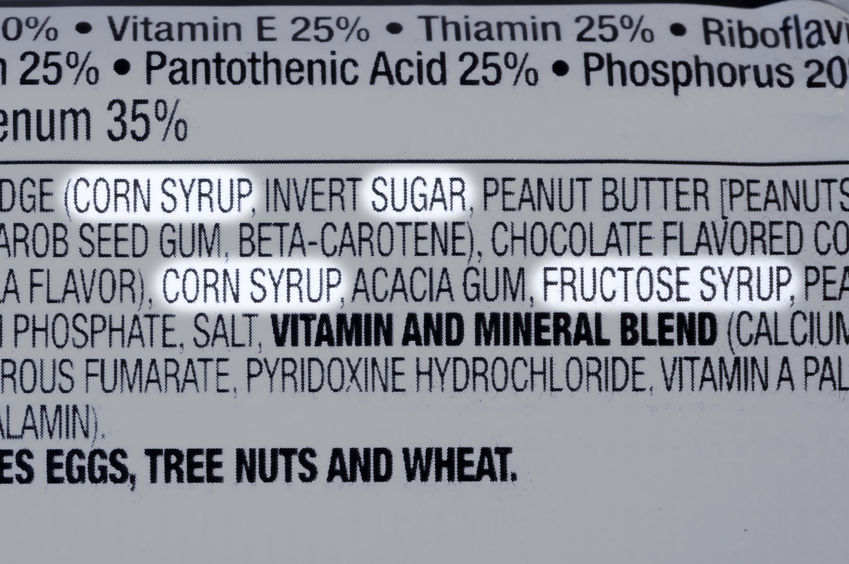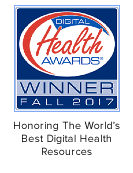What To Do To Eat Healthier
According to the American Institute for Cancer Research, no single food or food component can by itself protect you against cancer and other chronic diseases, but there is strong evidence that a variety of plant foods—vegetables, fruits, whole grains and legumes like beans, peas and lentils—helps lower your risk for many cancers and other chronic diseases.
- Fruits and vegetables. These carbohydrates deliver well-known vitamins and minerals along with fiber, and they’re also rich in micronutrients that can help keep you healthy.
- Whole grains. Instead of white flour, white rice and regular pasta choose whole-wheat bread (not just “wheat” bread), whole-wheat pasta and brown rice. Other delicious offerings include bulgur, quinoa, barley, couscous and oatmeal.
- Unsaturated fats. The best kinds of fats are poly-unsaturated and mono-unsaturated reported to improve blood cholesterol levels and decrease your risk of heart disease. These are typically in liquid form, like olive, canola, soy, corn, sunflower, peanut and nut oils. You can also get your good fats in nuts, seeds, avocados and fatty fish, notably coldwater fish like salmon, sardines and mackerel.
- Proteins low in saturated fat. Proteins are the body’s building blocks, but you want to make sure your foundation is sound by choosing the healthiest ones. Most animal protein comes with saturated fat; try to limit red meat to twice a week or less and avoid eating the skin on poultry. The protein in fish and shellfish comes with the benefit of omega-3 fatty acids reported to decrease the risk of coronary artery disease. You can also get complete proteins by eating both legumes—beans, peas and lentils, tofu and nuts — and grains like wheat, rice and corn.
- Other foods in moderation. Dairy foods have calcium, and are fortified with vitamin D, an important factor in making sure your muscles, heart, lungs and brain work well and that your body can fight infection, but contain lots of dietary fat. While it’s good to select low-fat dairy foods, including yogurt, make sure you avoid added sugar. Plain low-fat or no-fat yogurt with fresh fruit is the healthiest solution. Check out: Why The Mediterranean Style Diet May Be The Best For You. Many studies find that vitamin D deficiency can increase the risks of colon and breast cancer and other health problems. Talk to your health professional about a simple blood test to check for vitamin D deficiency. A simple supplement will provide the amount you may need.
- Other foods in limited amounts. Almost all packaged and processed foods are in this category—from refined grains, including salty crackers, chips and other snack foods, to sugar-based drinks and treats. Try to think of these foods as occasional indulgences rather than mainstays.
Diets high in salt (or sodium) are linked to an increased risk of heart attack and stroke.
Resource: U.S. Department of Agriculture and Harvard Edu
Learn More About Changes You Can Make To Your Diet Now











